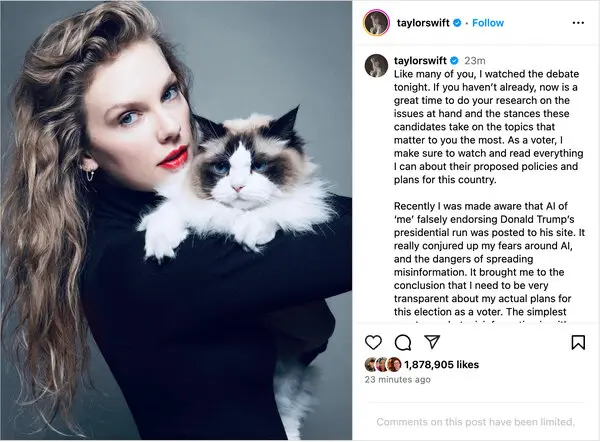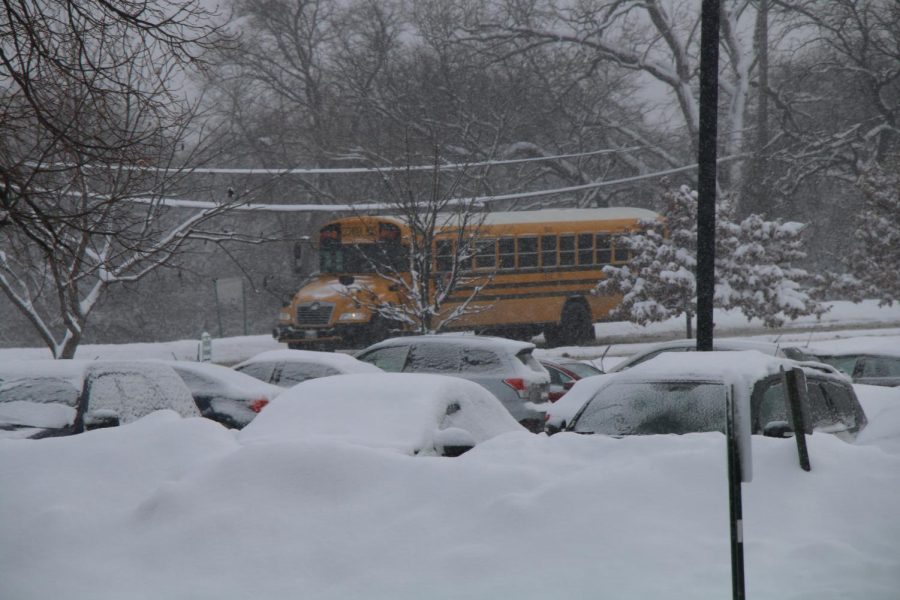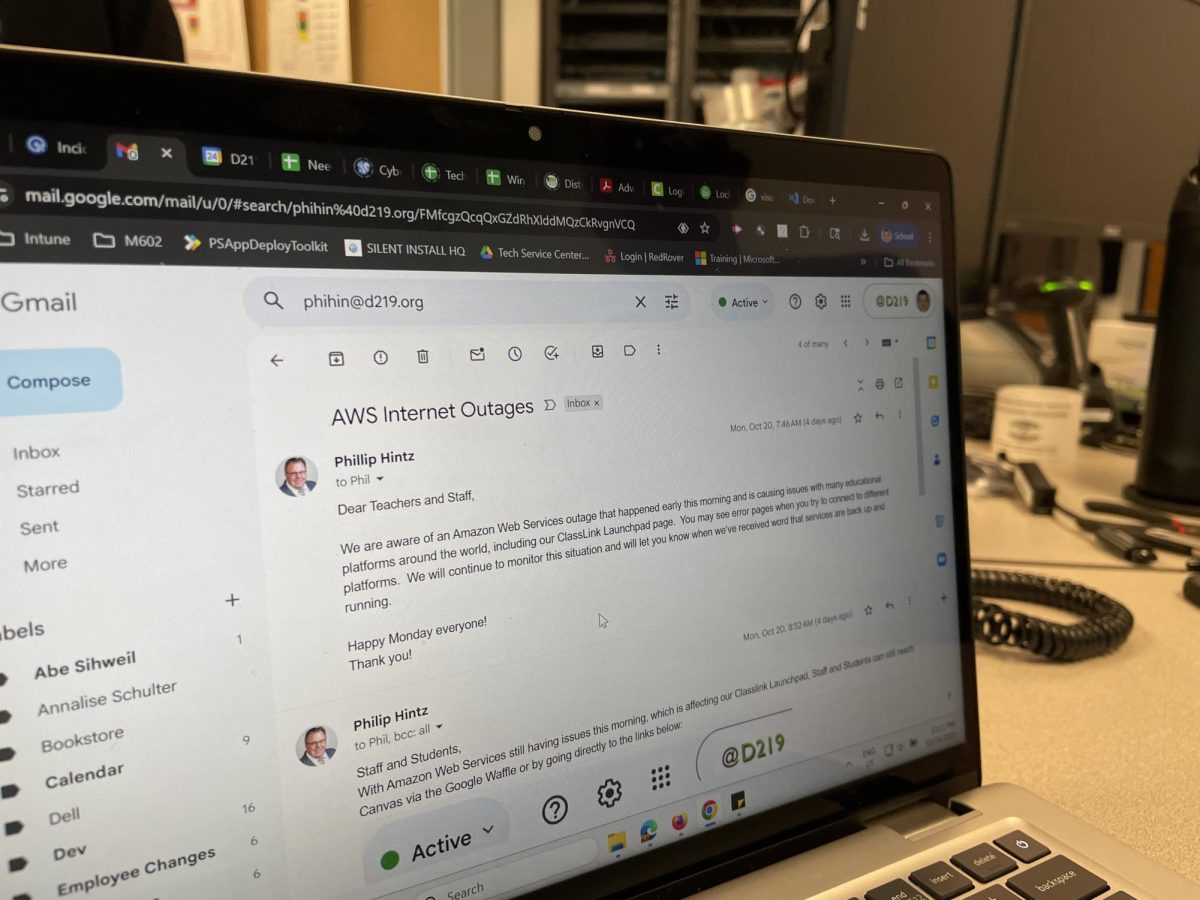As the 2024 presidential election creeps up, celebrities are filling the news with their political endorsements. Who is your favorite celebrity voting for in the 2024 presidential election, Kamala Harris or Donald Trump? With the rise of social media, celebrities have been using platforms like Instagram, TikTok and X to promote their preferred candidate. The rise of politicization in pop culture begs the question; Are celebrity endorsements enough to influence an election?
A notable endorsement was by talk show host Oprah Winfrey when she endorsed Barack Obama in 2007. Economists estimate she gathered over a million votes for him in the Democratic primary election. In addition, singer-songwriter Taylor Swift posted a link for her Instagram followers to register to vote in 2020, generating 35,000 new voters. With Swift’s recent endorsement of Harris on Instagram, the public wonders if it will create the same effect.
“…Americans really do like their celebrities… there are many Americans who are kind of apathetic to politics. So they’re just looking for some kind of shortcut to help them just make a decision, and so having a celebrity might be in an easy way for those people who aren’t super interested [in politics],” sponsor of Political Affairs and Current Events (PACE) club and AP Government and Politics teacher Joseph Edwards said.
Consumers are more likely to purchase a product if they see a familiar figure promote it. Many celebrities are free to publicize their political views if approved by their public relations (P.R.) teams.
“I think [celebrities] probably do have an impact in a lot of different ways, with…trust, the issues that they stand for, they can raise awareness, thinking of Taylor Swift– there’s lyrics she has in her songs that have worked their way into how we talk–people talk about being in their era and stuff like that. So, I think certain celebrities can have a pretty big impact on a lot of our cultural and social values,” social studies teacher Melanie Johnson said.
Since the 1960s, political candidates have partnered with celebrities at public events to gain their followers’ support. Edwards spoke about the modern utilization of celebrities at campaign rallies.
“…It certainly seems that [Harris and Trump] like to talk about celebrities that they have [been endorsed by]…Donald Trump had Hulk Hogan introduce him at the Republican National Convention. You can go back to the 60s, you have Frank Sinatra, so this is not totally new,” Edwards said.
Elections have two voting results, the popular vote and the Electoral College. The popular vote is the total number of American citizens who voted for either candidate. However, the Electoral College is the official method of voting where state representatives cast their electoral votes for either candidate.
“The Electoral College is always gonna make these races way closer than what they are, at least right now in terms of a popular vote…we’ve seen that when Democrats run against Trump. But if [endorsements] run up the votes in the popular vote, it probably will also have some effect on the electoral college,” Johnson added.
Edwards theorized why some voters are easily swayed to agree with celebrity political opinions.
“I think that sometimes there are kind of low-information voters, they’re not always paying attention to politics and to issues or policy, and so simply because some celebrity has given their endorsement, that might be enough, so I think it’s often-times kind of low-information voters,” Edwards said.
Teenagers are largely affected by celebrities online, as they appear on social media feeds and in the news daily.
“Celebrities have a large amount of influence over the general public. They’re in our daily lives through the videos we watch, the news sources, the radio, billboards, buses and other forms of advertisements—you name it, they probably exist. It’s pretty worrisome to think about the power some celebrities hold and how that affects their audiences,” junior Natalia Gomez said.









Nancy Schultz • Oct 9, 2024 at 3:47 PM
Well-resourced and informative article.